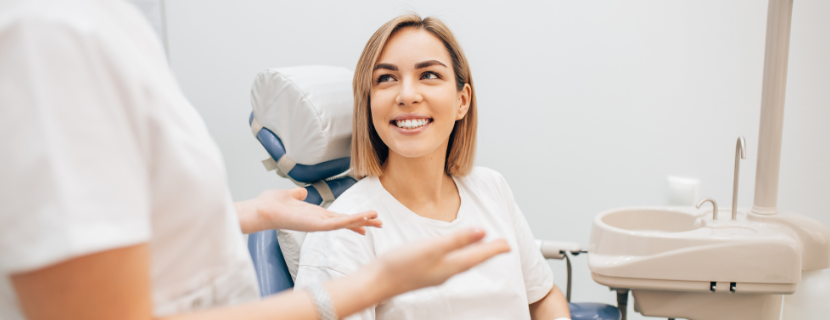Dental Implant Failure Decoded
Dental implants can get critical at times especially when they don’t bond with your jaw bone. This is what your Lancaster implant dentist would call a dental implant failure. There could not be an easier way to put this through. Dental implants are anchors that are fused to your jaw bone so that they can support your bridges, artificial teeth and dentures, or crowns. This helps you in regaining the function of your mouth as if your natural teeth are back in place.
What helps the dental implants bond with the remaining of your jaw bone is a successful healing process. After the healing is complete, dental implants are able to fuse with the bone and prove successful in maintaining the integrity or bone volume of your jaw. This in turn restores your bite.
But Things Are Not Always As They Seem!
According to your local Cosmetic Dentist dental implants can fail to fuse to your bone which in turn can lead to malfunctioning of the teeth over time or unsuccessful abutment after all. This means no tooth will be replaced. No crown will be placed and you will have to go in for the procedure once again. It is obvious that they come with many benefits, but yes sometimes dental implants do fail. Some people think that the dental implant has rejected their body or vice versa whereas this is not the case at all. This failure does NOT happen due to our body rejecting it and make note that they do NOT create any antibody-antigen type responses in our body similar to organ transplant surgeries.
Leading Lancaster implant dentists say that dental implant failure is a result of various factors none of which is rejection of any kind. These reasons primarily stem from local factors or systemic /general health factors. Apart from them the surgery that the cosmetic dentist performed or any misstep in post-op care may also result in dental implant failure.

What Is Early Dental Implant Failure?
According to leading Lancaster implant dentists early implant failure can be understood as a failure that you can see within the first 3-4 months of the procedure. Following surgical protocol is very important for any type of surgery to be effective in the long run and this is no different.
This necessitates having a qualified and well experienced cosmetic dentist. It can easily eliminate many of the factors that can lead to dental implant failure. When you get the surgery done by an experienced surgeon in the correct manner, it decreases the risk of early failure.
As a patient you should be completely honest and transparent with your doctor about what all medications you take and your current health condition. A well informed doctor can come up with an appropriate procedure that increases your chances of dental implant success.

 How much is a dental implant?
How much is a dental implant?
 Do I need a Dental Implant?
Do I need a Dental Implant?
 5 Reasons to Choose Dental Implants
5 Reasons to Choose Dental Implants



